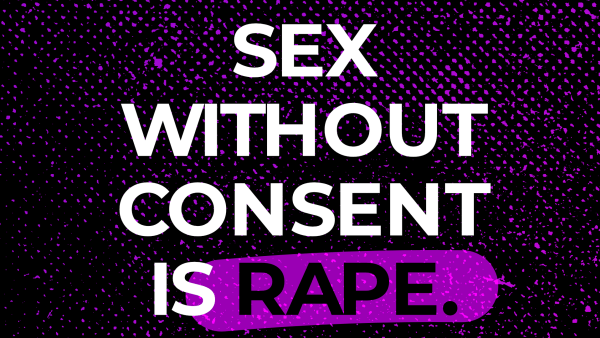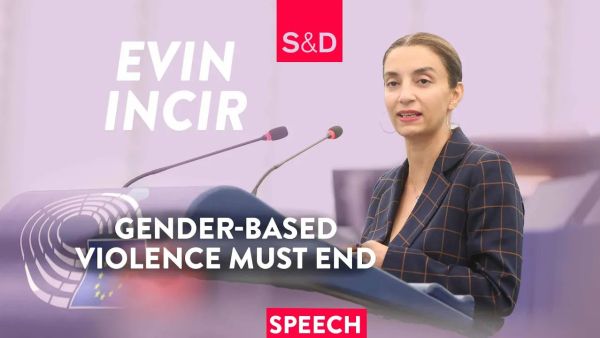MEPs are today approving new EU rules to help fight the spread of terrorist content online while safeguarding freedom of expression and freedom of information. The new rules give authorities in EU member states the ability to make sure hosting service providers like Google or Facebook remove online terrorist content as quickly as possible.
The S&D Group fought for a number of safeguards including the protection of educational, journalistic, artistic or research content from the rules. We also made sure there is no automated filtering and that host member states have the final word over content being removed.
The new rules on preventing the dissemination of terrorist content online will be debated by MEPs this evening and will be approved following the debate.
Marina Kaljurand, S&D negotiator for preventing the dissemination of terrorist content online, said:
“The fight against terrorism is as much online as it is offline, which is why we have agreed clear and transparent rules to remove terrorist content online while safeguarding our fundamental rights and freedoms. The Parliament has worked very hard to guarantee there is no obligation on hosting service providers to use automated tools or upload filters on content. In addition to this, service providers will not face unfair penalties where there are objective reasons for not being able to take content down within the one-hour timeframe.
“The online world does not recognise borders so it is also essential that cross-border cooperation on content removal in the EU is legally watertight. That is why we have introduced clear rules on content removal orders so that the member state authorities where the hosting service provider is located will now be involved in the removal process from the very beginning, and will have the final word on removing and reviewing any offending content. Where users want to dispute takedown decisions, they can, and will be able to do so, across member states. And, to ensure the possibility for judicial redress, content will be stored for 6 months to make it possible to review decisions or for the purposes of prosecuting terrorist offences.”
Note to editors
Terrorist content is strictly defined in the legislation as material and information that incites, encourages or advocates the commission or contribution to terrorist offences, provides instructions for the commission of such offences or promotes the participation in activities of a terrorist group.










